biography, guidance notes, and literary criticism
This comes from a new series by Routledge which offers comprehensive but single-volume introductions to major English writers. They are aimed at students of literature, but are accessible to general readers who might like to deepen their literary understanding. The approach taken could not be more straightforward. Part one of the Critical Guide to Joseph Conrad is a potted biography, placing Conrad’s life and work in its socio-historical context. Thus we get his early years in Poland, his career as a seaman, his influences and ambitions, and his (relatively slow) rise to fame as a novelist. One of the interesting features of Conrad’s development as a writer is that his early novels were largely adult versions of boy’s adventure stories.
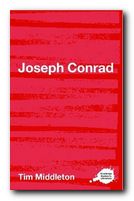 However, as his work became richer he tackled themes of intense political complexity. Read Heart of Darkness today and you would swear it had been written quite recently. Part two provides a synoptic view of his stories and novels. The works are described in outline, and then their main themes illuminated. This is followed by pointers towards the main critical writings on these texts and issues. I must say that reading through the synopses of some of his lesser known works made me want to go back to them again.
However, as his work became richer he tackled themes of intense political complexity. Read Heart of Darkness today and you would swear it had been written quite recently. Part two provides a synoptic view of his stories and novels. The works are described in outline, and then their main themes illuminated. This is followed by pointers towards the main critical writings on these texts and issues. I must say that reading through the synopses of some of his lesser known works made me want to go back to them again.
Part three deals with criticism of Conrad’s work. This is presented in chronological order – from contemporaries such as Richard Curle and his collaborator Ford Madox Ford, via early champions such as F.R. Leavis and Albert Guerard, to critics of the present day, with the focus on colonial and post-colonial criticism.
The book ends with a chronology of his life, a commendably thorough bibliography which covers biography, criticism in books and articles, plus pointers towards specialist Conrad journals.
This is an excellent starting point for students who are new to Conrad’s work – and a refresher course for those who would like to keep up to date with criticism.
© Roy Johnson 2006
Tim Middleton, The Complete Critical Guide to Joseph Conrad, London: Routledge, 2006, pp.201, ISBN 0415268524
More on Joseph Conrad
Twentieth century literature
More on Joseph Conrad tales
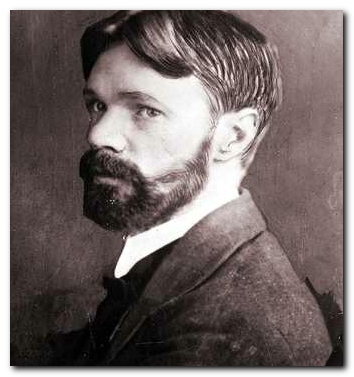
 Studying Fiction
Studying Fiction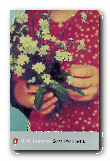 Sons and Lovers
Sons and Lovers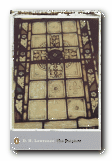 The Rainbow
The Rainbow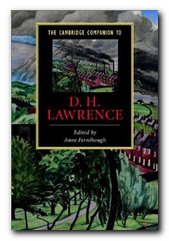
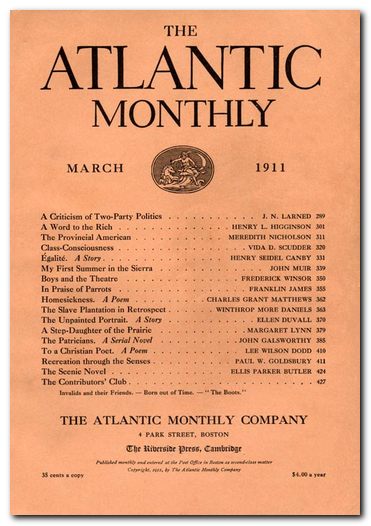

 Washington Square
Washington Square The Aspern Papers
The Aspern Papers The Spoils of Poynton
The Spoils of Poynton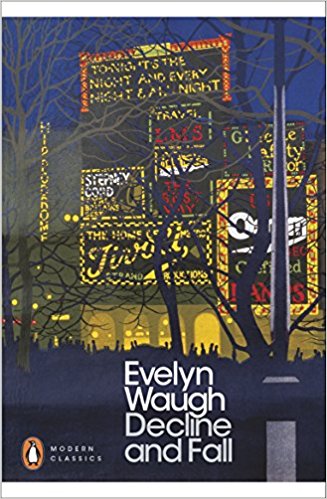
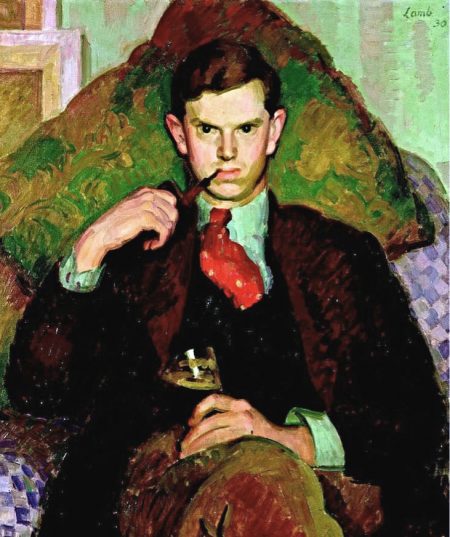
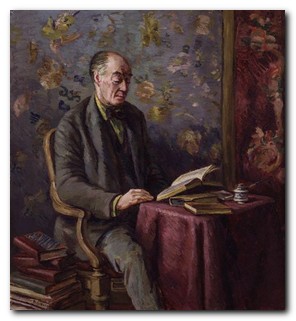
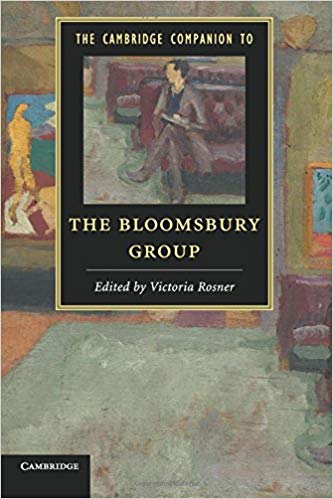
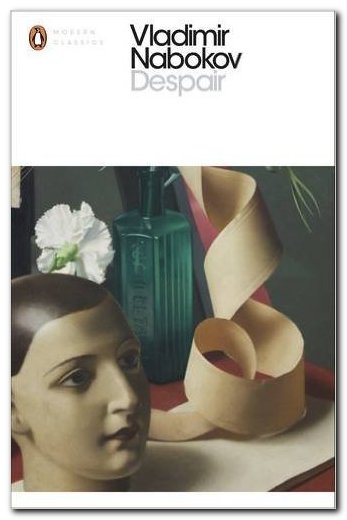
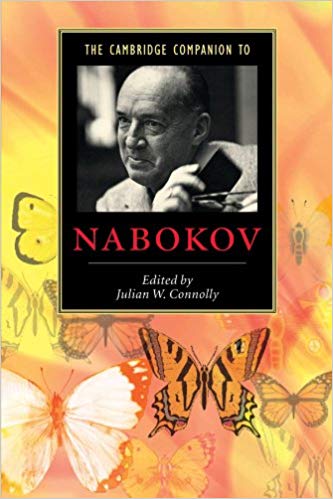
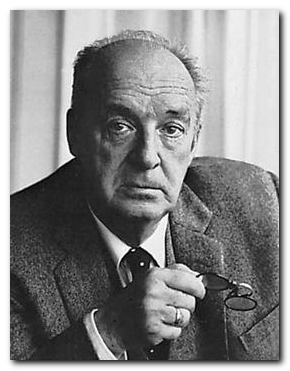
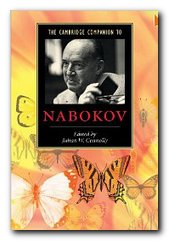 The Cambridge Companion to Nabokov Vladimir Nabokov held the unique distinction of being one of the most important writers of the twentieth century in two separate languages, Russian and English. This volume offers a concise and informative introduction into the author’s fascinating creative world. Specially commissioned essays by distinguished scholars illuminate numerous facets of the writer’s legacy, from his early contributions as a poet and short-story writer to his dazzling achievements as one of the most original novelists of the twentieth century. Topics receiving fresh coverage include Nabokov’s narrative strategies, the evolution of his world-view, and his relationship to the literary and cultural currents of his day. The volume also contains valuable supplementary material such as a chronology of the writer’s life and a guide to further critical reading.
The Cambridge Companion to Nabokov Vladimir Nabokov held the unique distinction of being one of the most important writers of the twentieth century in two separate languages, Russian and English. This volume offers a concise and informative introduction into the author’s fascinating creative world. Specially commissioned essays by distinguished scholars illuminate numerous facets of the writer’s legacy, from his early contributions as a poet and short-story writer to his dazzling achievements as one of the most original novelists of the twentieth century. Topics receiving fresh coverage include Nabokov’s narrative strategies, the evolution of his world-view, and his relationship to the literary and cultural currents of his day. The volume also contains valuable supplementary material such as a chronology of the writer’s life and a guide to further critical reading. 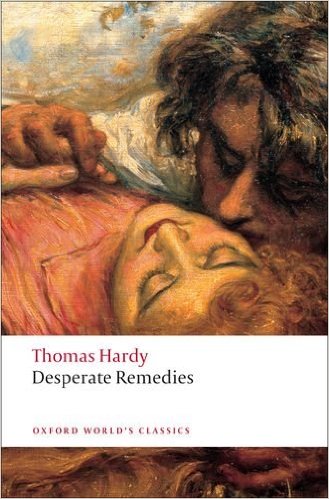
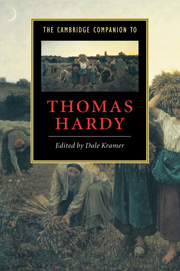
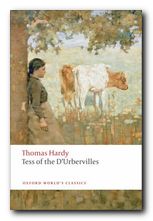 Tess of the d’Urbervilles
Tess of the d’Urbervilles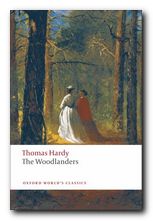 The Woodlanders
The Woodlanders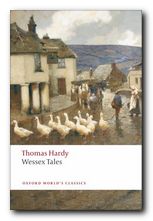 Wessex Tales
Wessex Tales
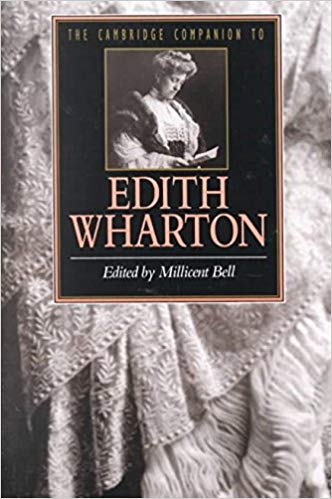

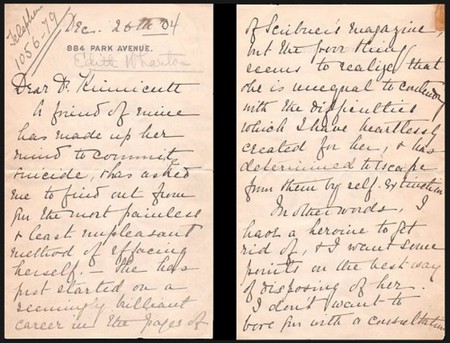
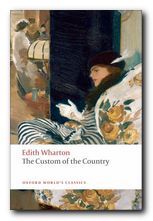 The Custom of the Country
The Custom of the Country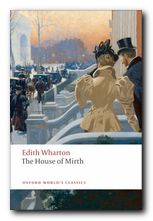 The House of Mirth
The House of Mirth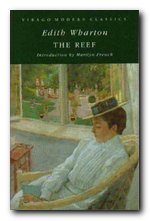 The Reef
The Reef